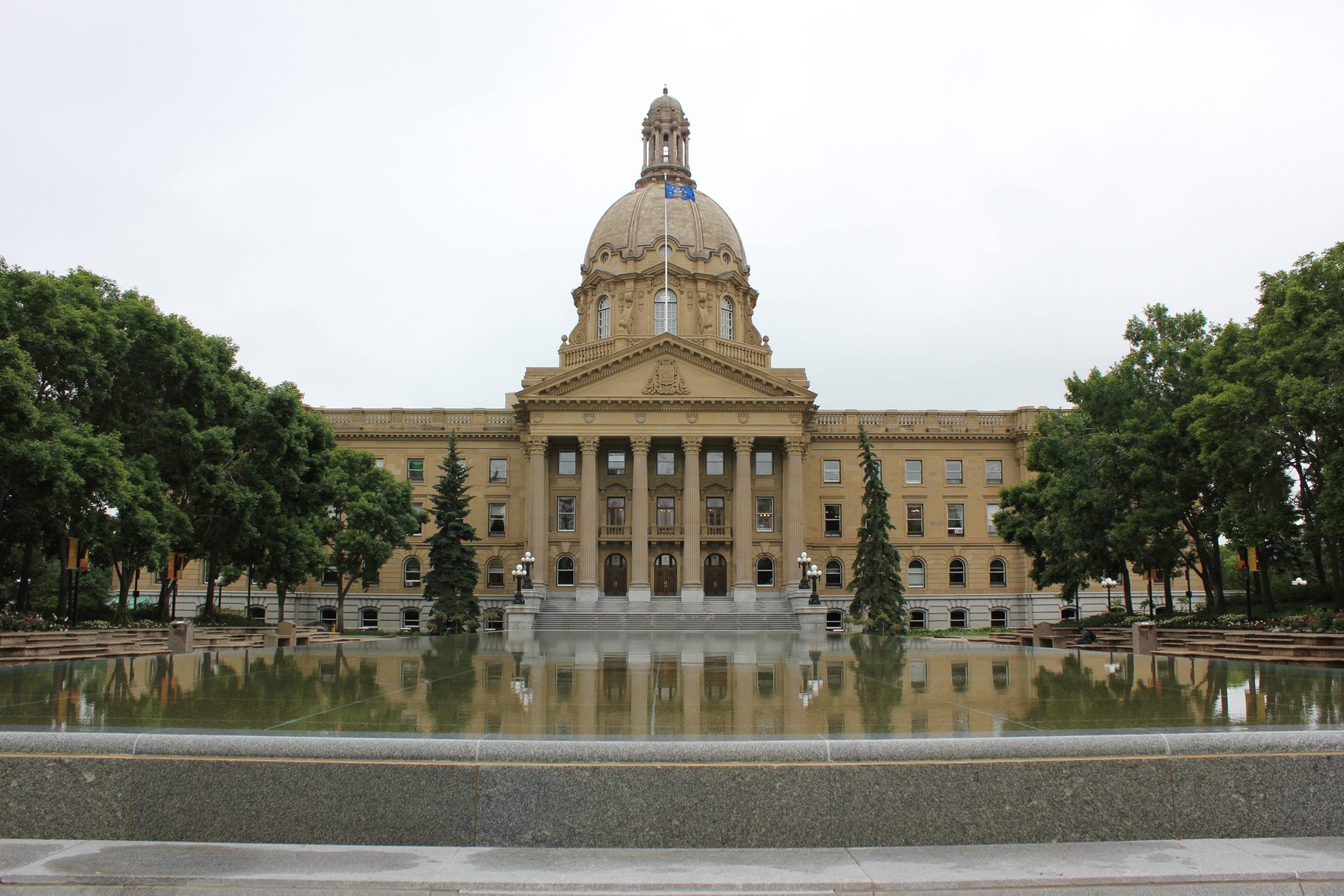[et_pb_section fb_built=”1″ _builder_version=”4.7.0″ custom_margin=”0px||0px||false|false” custom_padding=”0px||0px||false|false”][et_pb_row column_structure=”3_4,1_4″ use_custom_gutter=”on” gutter_width=”1″ _builder_version=”4.7.3″ _module_preset=”default” width=”100%” custom_margin=”0px||||false|false” custom_padding=”3px||5px|||” border_width_bottom=”1px” border_color_bottom=”#a6c942″][et_pb_column type=”3_4″ _builder_version=”4.7.0″ _module_preset=”default”][et_pb_post_title meta=”off” featured_image=”off” _builder_version=”4.7.4″ _module_preset=”default” title_font=”||||||||” custom_margin=”||3px|||” border_color_bottom=”#a6c942″][/et_pb_post_title][/et_pb_column][et_pb_column type=”1_4″ _builder_version=”4.7.0″ _module_preset=”default”][et_pb_image src=”https://edmontonsocialplanning.ca/wp-content/uploads/2020/08/boxes_1.gif” title_text=”boxes_1″ align=”center” disabled_on=”on|off|off” _builder_version=”4.7.4″ _module_preset=”default” width=”100%” custom_margin=”-2px||-1px||false|false” custom_padding=”||7px|||”][/et_pb_image][/et_pb_column][/et_pb_row][et_pb_row column_structure=”3_4,1_4″ use_custom_gutter=”on” gutter_width=”1″ make_equal=”on” _builder_version=”4.7.4″ background_size=”initial” background_position=”top_left” background_repeat=”repeat” width=”100%” custom_margin=”0px|auto|0px|auto|false|false” custom_padding=”37px|0px|44px|0px|false|false”][et_pb_column type=”3_4″ _builder_version=”4.5.6″ custom_padding=”0px|0px|0px|0px|false|false” custom_padding__hover=”|||”][et_pb_text _builder_version=”4.7.4″ _dynamic_attributes=”content” _module_preset=”default” text_font=”||||||||” text_text_color=”#000000″ custom_padding=”||32px|||”]@ET-DC@eyJkeW5hbWljIjp0cnVlLCJjb250ZW50IjoicG9zdF9kYXRlIiwic2V0dGluZ3MiOnsiYmVmb3JlIjoiIiwiYWZ0ZXIiOiIiLCJkYXRlX2Zvcm1hdCI6ImRlZmF1bHQiLCJjdXN0b21fZGF0ZV9mb3JtYXQiOiIifX0=@[/et_pb_text][et_pb_text _builder_version=”4.7.4″ text_line_height=”1.6em” header_2_font=”||||||||” header_2_text_color=”#008ac1″ header_2_font_size=”24px” background_size=”initial” background_position=”top_left” background_repeat=”repeat” text_orientation=”justified” width=”95%” module_alignment=”left” custom_margin=”44px|0px|2px|-96px|false|false” locked=”off”]Susan Morrissey, Executive Director of the Edmonton Social Planning Council provided the recent Op-Ed in the Edmonton Journal.
Read the full version here: https://edmontonjournal.com/opinion/columnists/opinion-budget-is-a-setback-for-lower-income-albertans
Download the Fact Sheet here: 2019 Alberta Budget fACTsheet
Excerpt from the Edmonton Journal:
With the UCP tabling their first budget, there is a lot of talk of what this means. Depending on who you ask, this budget is either an attempt to get Alberta’s fiscal house in order or a ruthless act of austerity.
The Edmonton Social Planning Council took a deep dive and produced a fact sheet to inform the public on what this latest budget means for social services and what some of the most vulnerable Albertans living in poverty can expect from our provincial government.
First, the good news. It is heartening to see the Government of Alberta continue to support investments in affordable public transportation with $9.5 million per year in funding for a low-income transit pass. In 2018, this pass was purchased by over 100,000 Albertans in Edmonton and Calgary, many of whom reported better access to education, jobs, and other opportunities. Staying the course will improve the quality of life for low-income Albertans and enable their further economic and social participation.
For school-age children, a 20-per-cent funding increase to the existing school nutrition program is welcome. Research has shown that students enrolled in schools with a universal breakfast program had fewer discipline problems, better attendance, and improved psychosocial well-being. Investing in our children’s welfare is simply the right thing to do and strengthens our communities.
Also commendable is the additional funding going toward a mental health and addiction strategy, an opioid response, palliative care, and a new sexual assault hotline. This shows a commitment to support the most vulnerable and we applaud that.
Nevertheless, there are a number of other areas in the budget that are deeply concerning and could threaten to set people back, especially after all the progress that has been made in alleviating poverty over the past few years.
The Alberta Child Benefit and the Alberta Family Employment Tax Credit, two programs designed to support lower- and middle-income working families, have shown themselves to be important tools for poverty reduction. However, they will now be rolled into a single program, the Alberta Child and Family Benefit, starting in July 2020.
While benefits for the lowest-income families will increase by 15 per cent, the benefit will be phased out more quickly as incomes rise. As a result, $40 million less will be delivered to Alberta families. While it’s encouraging to see the lowest incomes receive more supports, it still leaves out many other working families in need and struggling to make ends meet.
We are alarmed to see a 24-per-cent reduction in the Rental Assistance Program. These programs help households find affordable rental accommodations by providing rent subsidies in eligible rental projects. According to the 2016 census, more than 164,000 households in Alberta are living in unsafe, crowded, and unaffordable housing. Approximately 6,000 households in Edmonton alone are currently on the Capital Region Housing rent-subsidy program wait list, many of whom have been waiting for years.
Finally, the de-indexing of Assured Income for the Severely Handicapped (AISH), the Alberta Seniors Benefit, Income Support, and Special Needs Assistance programs from the consumer price index (CPI) is perhaps cause for the greatest concern.
While current levels for these income assistance programs remain the same, the fact that they will not increase with the rising cost of living places many of our most vulnerable citizens with the burden of having to choose between purchasing nutritious food or heating their homes.
Despite additional investments in some key areas, the overall impact of the budget puts many low- and modest-income Albertans at greater risk. The four-year strategy outlined in the budget fails to account for either inflation or population growth.
This means that Albertans will face real and growing cuts to health, education, and social programs. As was pointed out in their fiscal plan, households and businesses would pay at least $13.4 billion more in taxes if Alberta had the same tax system as any other province. There is ample room to address this revenue shortfall without sacrificing the vital services on which Albertans rely.
We are hopeful that finding common ground and working towards a prosperous future for all will result in the desired outcomes that benefit all Albertans.
Susan Morrissey is executive director of the Edmonton Social Planning Council.
[/et_pb_text][/et_pb_column][et_pb_column type=”1_4″ _builder_version=”4.7.4″ custom_padding=”0px|20px|0px|20px|false|false” border_color_left=”#a6c942″ custom_padding__hover=”|||”][et_pb_testimonial author=”Posted by:” job_title=”@ET-DC@eyJkeW5hbWljIjp0cnVlLCJjb250ZW50IjoicG9zdF9hdXRob3IiLCJzZXR0aW5ncyI6eyJiZWZvcmUiOiIiLCJhZnRlciI6IiIsIm5hbWVfZm9ybWF0IjoiZGlzcGxheV9uYW1lIiwibGluayI6Im9uIiwibGlua19kZXN0aW5hdGlvbiI6ImF1dGhvcl93ZWJzaXRlIn19@” portrait_url=”@ET-DC@eyJkeW5hbWljIjp0cnVlLCJjb250ZW50IjoicG9zdF9hdXRob3JfcHJvZmlsZV9waWN0dXJlIiwic2V0dGluZ3MiOnt9fQ==@” quote_icon=”off” disabled_on=”on|off|off” _builder_version=”4.7.4″ _dynamic_attributes=”job_title,portrait_url” _module_preset=”default” body_text_color=”#000000″ author_font=”||||||||” author_text_align=”center” author_text_color=”#008ac1″ position_font=”||||||||” position_text_color=”#000000″ company_text_color=”#000000″ background_color=”#ffffff” text_orientation=”center” module_alignment=”center” custom_margin=”0px|0px|4px|0px|false|false” custom_padding=”32px|0px|0px|0px|false|false”][/et_pb_testimonial][et_pb_text disabled_on=”on|off|off” _builder_version=”4.7.4″ _dynamic_attributes=”content” _module_preset=”default” text_text_color=”#000000″ header_text_align=”left” header_text_color=”rgba(0,0,0,0.65)” header_font_size=”20px” text_orientation=”center” custom_margin=”||50px|||” custom_padding=”48px|||||”]@ET-DC@eyJkeW5hbWljIjp0cnVlLCJjb250ZW50IjoicG9zdF9jYXRlZ29yaWVzIiwic2V0dGluZ3MiOnsiYmVmb3JlIjoiUmVsYXRlZCBjYXRlZ29yaWVzOiAgIiwiYWZ0ZXIiOiIiLCJsaW5rX3RvX3Rlcm1fcGFnZSI6Im9uIiwic2VwYXJhdG9yIjoiIHwgIiwiY2F0ZWdvcnlfdHlwZSI6ImNhdGVnb3J5In19@[/et_pb_text][/et_pb_column][/et_pb_row][/et_pb_section]
